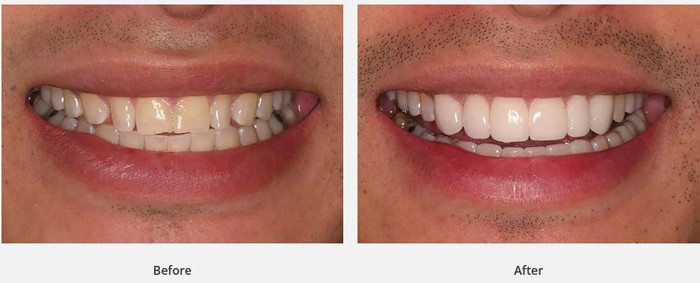
Joan,
Thank you for your question.
Your lingual (tongue) nerve is near wisdom teeth; sometimes, it travels on top of wisdom teeth. It might be difficult or impossible for the most careful dentists or oral surgeons to avoid touching or damaging the nerve during impacted wisdom teeth extraction. The symptoms you describe are related to the nerves near wisdom teeth, not temporomandibular joint (TMJ) concerns.
After Impacted Wisdom Tooth Extraction, When Will the Nerve Heal?
When and if the nerve will heal after wisdom teeth removal depends on several factors:
- Extent of damage – A bruised or stretched nerve could take a month or two to heal. A cut nerve is unlikely to mend, but some growth may occur over time. Expect a year or more of recovery time for a crushed nerve.
- Sensation in your tongue – If your tongue feels numb and tingly, it may be that the nerve is repairing itself.
- Inability to open your mouth – Swelling during the healing process can prevent you from opening your mouth. If the swelling does not improve or gets worse, you might have an infection in your muscle tissue, limiting how wide you can open your mouth. Your oral surgeon may prescribe antibiotics.
- Microsurgery – Although nerve repair surgery is complicated, at times, it is possible. You can ask your oral surgeon if it is an option.
Although you spoke with a receptionist, call the office again and ask to talk with the oral surgeon, leave a message for him to return your call, or schedule a follow-up appointment. The surgeon will have more insight into your treatment options.
Metairie, Louisiana dentist Dr. Duane Delaune sponsors this post.

 My dentist replaced three silver fillings with white ones in April. I have symptoms in all three fillings, which concerns me. If only one filling was uncomfortable, I would be more inclined to let my dentist replace it, but I am skeptical. I feel moderate pain when I eat, mild sensitivity to heat and cold, moderate pain after dinner, and left jaw and tonsil discomfort. I also feel some tingling and numbness in my jaw and chin. I don’t feel any pain in the mornings, though.
My dentist replaced three silver fillings with white ones in April. I have symptoms in all three fillings, which concerns me. If only one filling was uncomfortable, I would be more inclined to let my dentist replace it, but I am skeptical. I feel moderate pain when I eat, mild sensitivity to heat and cold, moderate pain after dinner, and left jaw and tonsil discomfort. I also feel some tingling and numbness in my jaw and chin. I don’t feel any pain in the mornings, though.